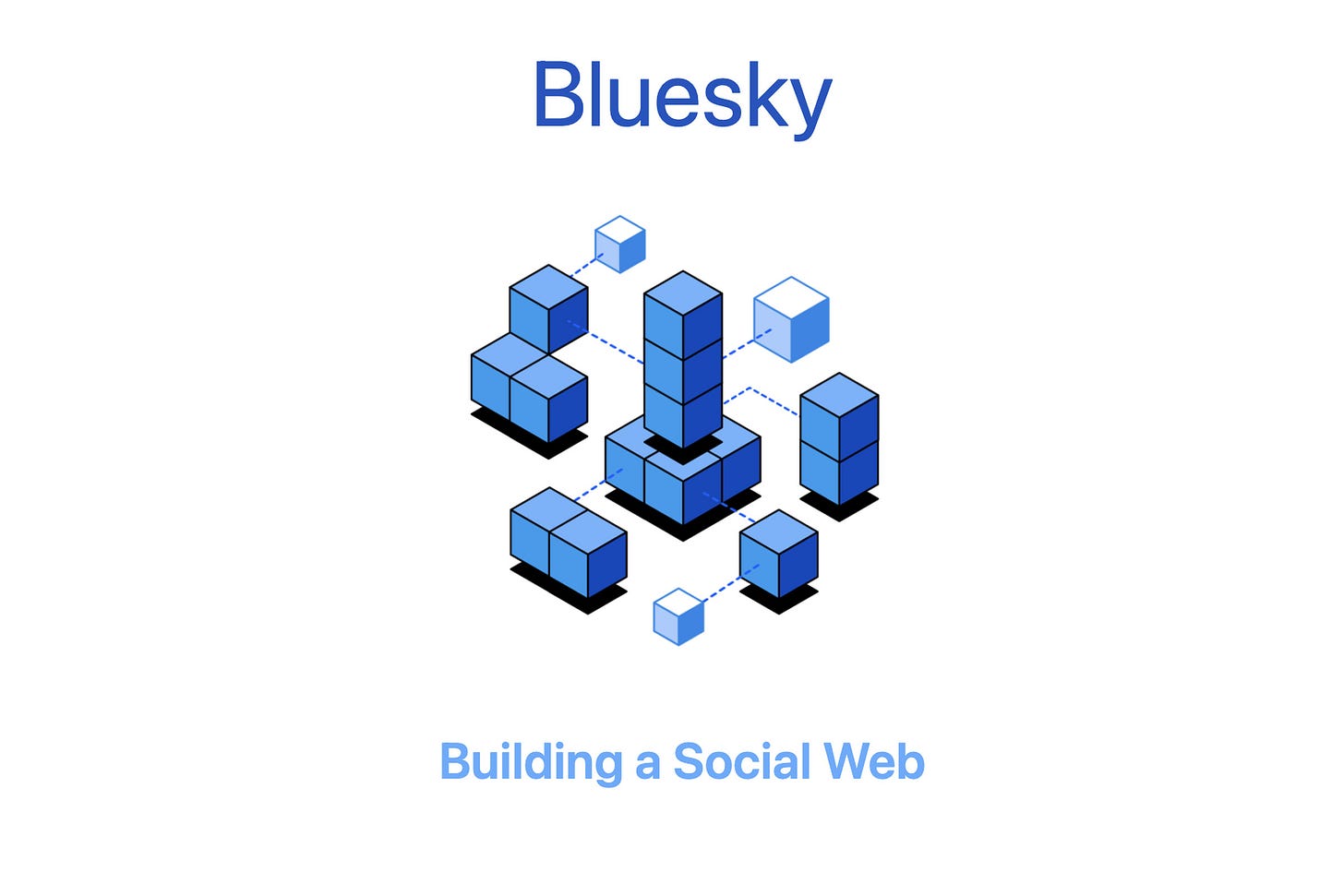Microsoft's AI Design tool, OpenAI raises $300M and Bluesky (The Twitter Killer?)
Sunday Snaps #04
OpenAI sells share worth $300M to VCs at $27B-29B valuation
According to a TechCrunch report, several venture capital firms, including Tiger Global, Sequoia Capital, Andreessen Horowitz, Thrive, K2 Global, and Founders Fund, have invested over $300 million in OpenAI at a valuation of $27 billion - $29 billion.
This funding is separate from a $10 billion investment by Microsoft earlier this year, which was focused on integrating OpenAI's technology across various areas of Microsoft's business.
The investment comes as OpenAI gains increasing attention and interest in its generative AI products, including its family of large language models, GPT, and the recently released ChatGPT, a conversational AI tool. The investment will also help OpenAI continue to develop its rapidly growing ecosystem and expand its services.
Microsoft Launches AI-powered Canva-like Designer Tool in Preview
Microsoft's AI-powered design tool, Designer, has launched in public preview with additional features. The web app can generate designs for posters, digital postcards, presentations, invitations, graphics and more, leveraging user-created content and DALL-E 2, OpenAI's text-to-image AI.
The app also includes drop-downs and text boxes for further customisation and personalisation. The latest version can now generate written captions and hashtags for social media posts, as well as creating animated visuals with backgrounds and text transitions.
“Since October, the AI models have steadily improved, and we’ve worked to weave these powerful capabilities throughout the Designer canvas in even more delightful ways while keeping you in control,” Bryan Rognier, GM at Microsoft’s 365 Consumer division, wrote in a blog post published today.
Designer will remain free during the preview period and will be included in Microsoft 365 Personal and Family subscriptions.
Once generally available, it will have some functionality free to use for non-subscribers. Microsoft has confirmed users will have full usage rights to commercialise the images created with Designer and Image Creator, addressing recent legal questions surrounding AI-powered image-generation systems.
Bluesky Social (The Twitter Killer?)
Bluesky is a new social media platform that has become popular as an alternative to Twitter. It was originally started by Twitter co-founder Jack Dorsey and is an open, decentralized network.
While it has some similarities to Twitter, such as allowing users to post short messages of up to 300 characters and toggle between an algorithmically sorted feed or a chronological one, it also has some key differences. The platform is built on an underlying protocol that allows users to customize their own algorithms and feeds and is intended to give users more control over their social media experience, including control over their own data and what content they see.
Some of the big names that have joined Bluesky include New York Rep. Alexandria Ocasio Cortez, Chrissy Teigen, Twitter comedic legend Dril, and prominent journalists from publications like the New York Times and CNN. The platform's exclusivity and the mystery surrounding how invites are being distributed have contributed to its appeal.
Microsoft-Activision Blizzard deal is looking dark
Microsoft's planned $69 billion acquisition of video game giant Activision Blizzard has been dealt a major setback as the UK's Competition and Markets Authority (CMA) has decided not to allow the deal to go through. While the two companies have announced plans to appeal, this ruling is a significant obstacle that may hurt their ambitions to get even bigger.
Microsoft said the deal would make it the third-largest gaming company by revenue in the world, behind Tencent and Sony. However, concerns from gamers and Microsoft's competition that the company would make Activision's titles exclusive to its own platforms or force players to switch to Microsoft's ecosystem to keep playing their favorite games arose.
The CMA's decision applies only to the UK, but the global nature of the gaming business means its decision will likely be global, too. The CMA's reasoning for rejecting the deal was that it would make Microsoft too powerful in a subset of that market: cloud gaming.
Also Worth Reading:
A developer exploited an API flaw to provide free access to GPT-4
Snapchat launches AR Lenses powered by generative AI, starting with a new ‘Cosmic Lens’
MiscellaneousHow will AI change the world?
Check out the previous issues of Sunday Snaps:
Elon Musk vs OpenAI, Snapchat's AI chatbot and the Impact of AI on the Workforce
Snapchat’s AI chatbot is now free for all global users Snapchat is now opening its AI chatbot for the global audience. The chatbot is powered by OpenAI’s GPT models and was initially launched as part of the paid subscription plan on Snapchat. The social media company is working continuously to improve the chatbot beyond the ability to a…










